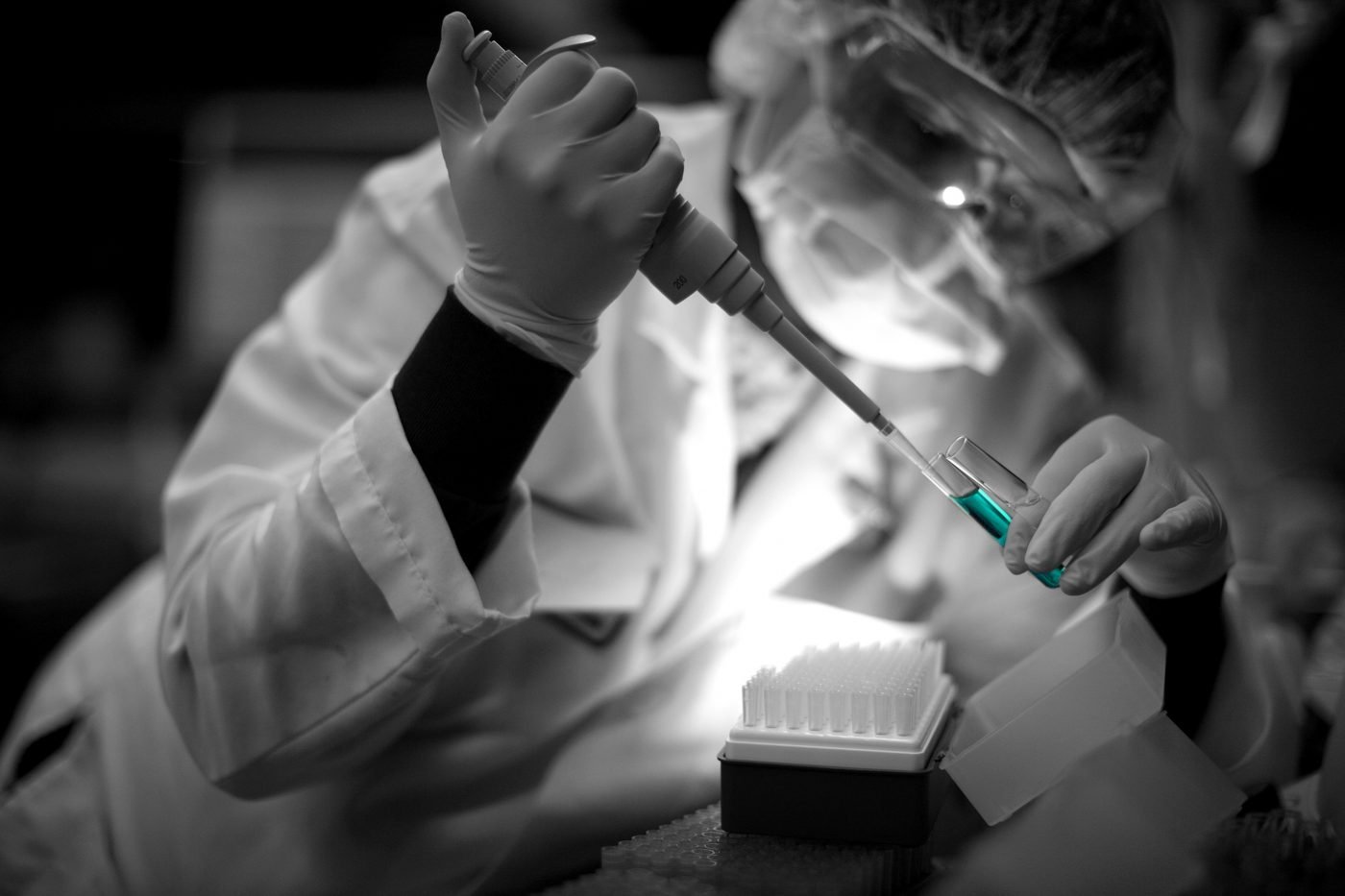24 People with Lupus and Other Autoimmune Diseases Are Receiving KY1005 in Phase 1 Trial
Written by |

Twenty-four people with lupus and other autoimmune disorders who signed up for a Phase 1 clinical trial of KY1005 are receiving the antibody therapy, according to its maker, Kymab.
KY1005 addresses the underlying immune system imbalance in people with autoimmune and inflammatory diseases.
A protein called OX40 triggers a prolonged immune response from T-cells that can lead to damage and disease. OX40 becomes activated by binding to a small molecule known as a ligand on the surface of the protein. KY1005 prevents OX40’s activation by itself binding to the ligand, known as OX40L.
The Phase 1 trial (NCT03161288) is evaluating KY1005’s safety and tolerability in up to 88 healthy volunteers and patients with psoriasis, a mild-to-moderate immune system disease. The study is expected to be completed in the first half of 2018.
Kymab hopes KY1005 not only restores immune system balance but also healthy organ function in people with autoimmune conditions — without suppressing their immune system.
KY1005 has shown promise against autoimmune diseases in preclinical-trial studies, Kymab has reported.
As an example, it reduced the exaggerated immune response that causes acute graft versus host disorder, a common complication in bone marrow transplants. In fact, it prevented signs of the disorder from appearing, outperforming an established therapy that only partially prevents the signs from surfacing.
Kymab presented the results at the 58th American Society of Hematology annual convention in San Diego in 2016.
Dr. Leslie Kean, associate director of the Ben Towne Center for Childhood Cancer Research at Seattle Children’s Research Institute, who led the preclinical studies, described the findings as “unprecedented for a prophylactic [preventive] approach to controlling disease following bone marrow transplant.”
“KY1005 is the first of a series of products we are developing focused on autoimmune diseases, immune-oncology, hematology and infectious disease,” David Chiswell, Kymab’s chief executive officer, said in a press release. “This, the first of what will be a steady stream of clinical trials, is an important step towards realizing our vision. Indeed, the potential of KY1005 is such that, on its own, it could treat a number of immune and inflammatory disorders. We are confident that this will be the first of several trials on this antibody alone.”





